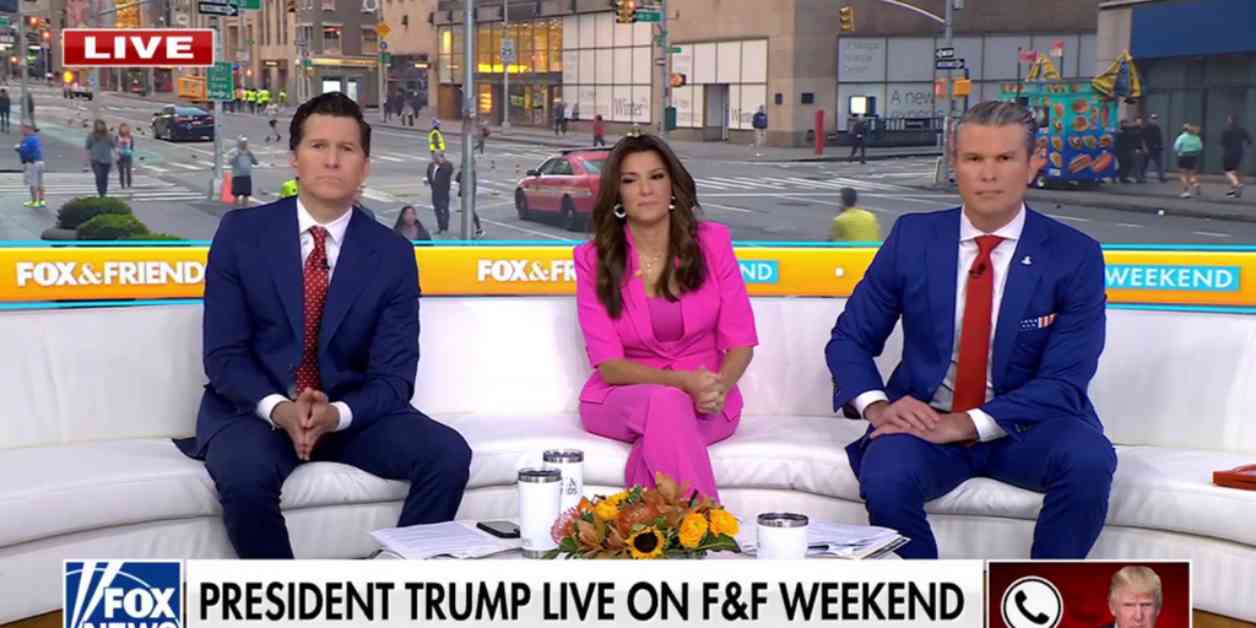Former President Donald Trump recently appeared on “Fox & Friends Weekend” to express his concerns about the declining trust in the media and to address criticisms directed at him regarding his comments about Liz Cheney. Trump specifically called out “60 Minutes” for allegedly manipulating an interview with Vice President Harris, and he accused The Washington Post and other outlets of being “corrupt” and lacking credibility.
During the interview, Trump also took aim at Liz Cheney, branding her as a “radical war hawk” and criticizing her stance on military intervention. He went as far as to suggest that she should be put in a situation where she faces the consequences of her hawkish views firsthand. Cheney responded to Trump’s remarks by accusing him of behaving like a dictator and posing a threat to free speech.
In addition to commenting on the media and Liz Cheney, Trump used the platform to make a closing argument for the upcoming 2024 presidential election. He highlighted issues such as the economy and the border crisis as reasons for his decision to run for office again, emphasizing the need for Americans to vote in order to reverse the country’s perceived decline.
The controversy surrounding Trump’s statements and his ongoing feud with prominent figures like Liz Cheney underscore the deep political divisions in the United States. The clash between Trump and the media also highlights the broader debate about the role of journalism in holding public figures accountable and maintaining public trust.
As the 2024 presidential election approaches, the rhetoric and actions of political figures like Trump and Cheney will continue to shape the national discourse. It remains to be seen how these dynamics will impact the future of the country and the democratic process. The interactions between politicians, the media, and the public are indicative of the challenges and opportunities facing American democracy in the years to come.




